About the Uganda Carnivore Program
The Uganda Carnivore Program (UCP) is a multi-disciplinary organization, devoted to the research and conservation of Uganda’s large carnivores—lions, leopards, and hyenas. Our work is primarily carried out in Queen Elizabeth National Park and the greater Queen Elizabeth Conservation Area, though we are sometimes called upon to assist in other protected areas in Uganda, including Murchison Falls National Park, Kidepo Valley National Park, and Lake Mburo National Park.
UCP began as the Uganda Large Predator Project in the 1990s when the Director of Uganda’s Institute of Ecology became concerned that the canine distemper virus epidemic that was decimating predators in Tanzania’s Serengeti National Park might hurt Uganda’s predator population.
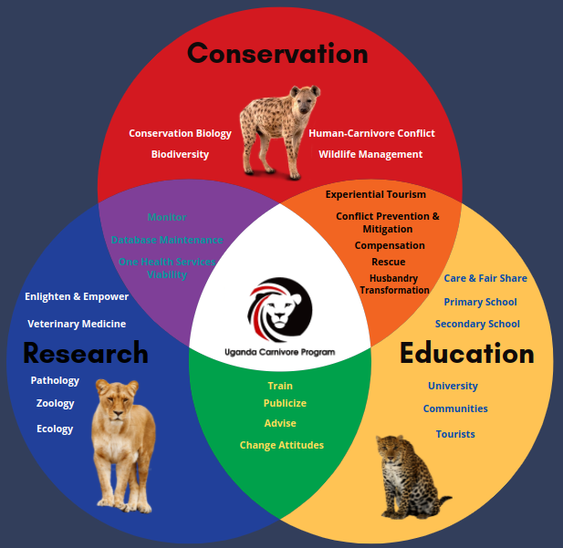
While lions in Uganda were dying, research showed that they did not have canine distemper but were instead being poisoned. It was then decided that consistent monitoring and research of the country’s predator populations should continue with the overarching goal of protecting them.
Over time, as activities expanded into community conservation and other partnerships were created, the Uganda Larger Predator Project evolved into the Uganda Carnivore Program. Today, UCP collaborates with institutions such as the Uganda Wildlife Authority and Makerere University.

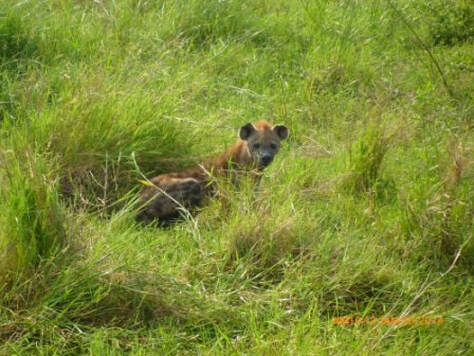
We have two primary focuses:
Community-based wildlife conservation
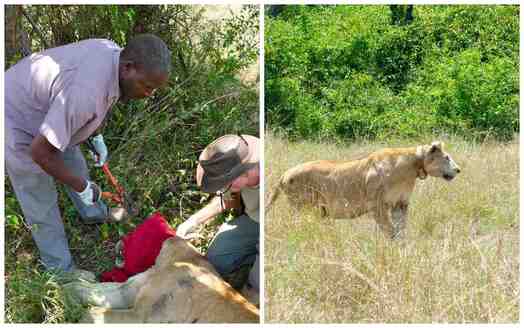
Scientific Research & Monitoring
Our scientific goals and activities include (but are not limited to) the following:
1) Establish a comprehensive large predator database for the northern sector of QENP;
2) Establish, analyze, and project large predator bio dynamics and provide population viability analyses;
- formulate recommendations regarding appropriate management for predators;
- training the next generation of scientists;
- assist UWA in conflict mitigation and rescue and relocation operations as needed.
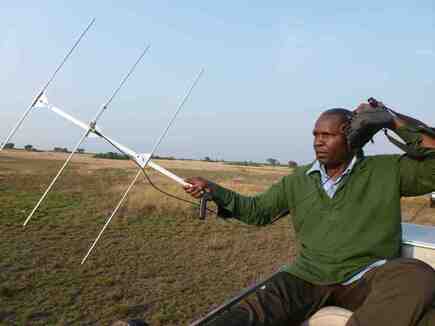
While our focus is on the people and predators in Queen Elizabeth National Park, many individuals in wildlife management, ecology, conservation biology, and veterinary studies have benefited from their association with UCP while carrying out their research. We are happy to share our knowledge and experience with them.
Through UWA, we also provide guided lion-tracking and nocturnal predator tours for select tour groups interested in a more in-depth experience of QENP. For more information on this, please feel free to set up a visit by contacting the Uganda Wildlife Authority directly, or by having your safari guide set up a time with us by getting in touch with UWA.
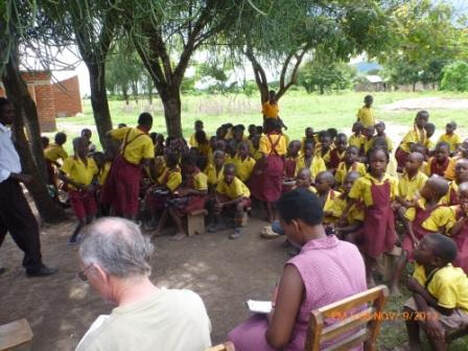
Scientific Research & Monitoring
We place a great emphasis on our community-based activities that increase local participation in wildlife conservation, with a particular emphasis on the park’s large carnivores.
The goal is to develop a collaborative, holistic plan to reduce deadly instances of human carnivore-conflict.
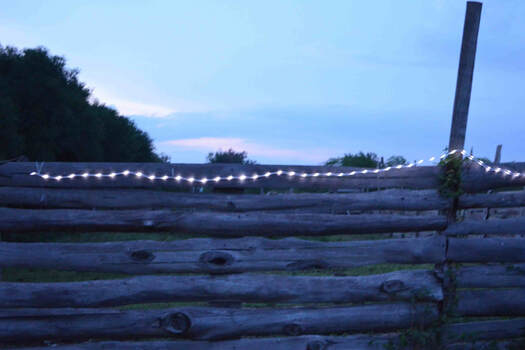
We strive to educate communities and other stakeholders about large predators, including their significance to the ecosystem, conflict prevention measures, and income generation potential.
Current activities include conservation education outreach in village schools, community outreach regarding human-carnivore conflict, and sustainable community economic development via participation in ecotourism.
